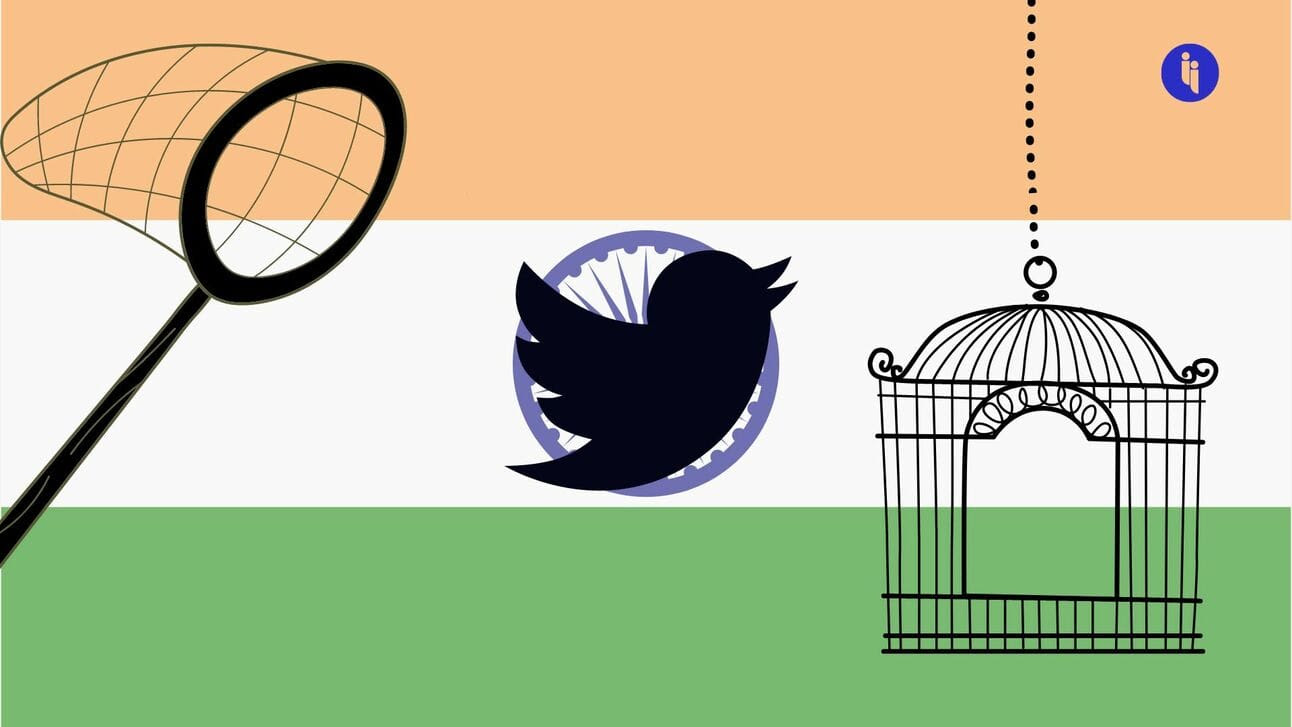Jack Dorsey, Twitter’s co-founder and former CEO, has accused India of pressuring Twitter to take down content relating to India’s mass 2020/21 farmer protests. But India denies the claims, calling them an “outright lie”.
This isn’t the first time Delhi has addressed these kinds of accusations. Earlier this year, tax officials raided the BBC’s India offices shortly after the release of a BBC documentary critical of Narendra Modi.
Critics say India is seeking to stifle free speech. But India says Twitter “behaved as if the laws of India did not apply to it”; it argues online regulation is necessary to defend society against threats like misinformation.
Stay on top of your world from inside your inbox.
Subscribe for free today and receive way much more insights.
Trusted by 114,000+ subscribers
No spam. No noise. Unsubscribe any time.
And major markets like India have plenty of leverage over tech giants:
- 📈 900 million Indians are now online (up from 398 million in 2018)
- 💻 Around 315 million of those are already on Facebook, and
- 🐦 15 million are on Twitter (India is Twitter’s 5th largest market)
Intrigue’s take: These days, regulators are looking at big tech more intently than a wedding-planner with Ed Sheeran’s back catalogue. And there are principles at play:
- People have a right to free expression
- Companies need to comply with the law, and
- Lawmakers need to tackle online crime and protect the vulnerable
But there’s tension at play here, too: tension between each principle; between those principles and profits; and between big tech and local law. And that’s all driving real debate in boardrooms and capitals everywhere.
Also worth noting:
- Between 2020 and 2023, India fell 19 places on the World Press Freedom Index to 161 out of 180 countries.
- During his interview, Jack Dorsey also accused Nigeria and Turkey of similar behaviour.








